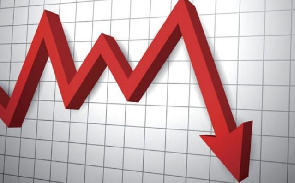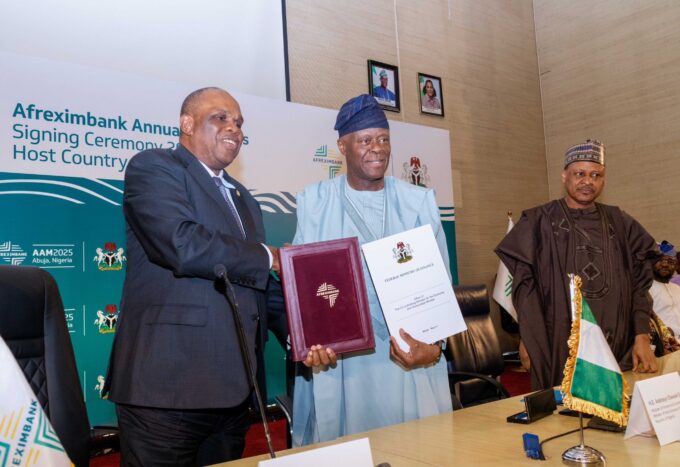Nigeria’s headline inflation rate measured by the Consumer Price Index (CPI) was down by 0.07 per cent in January, 2018, the National Bureau of Statistics (NBS) announced in its CPI.
The bureau made the announcement in its CPI and Inflation report for January, 2019 released on Friday in Abuja.
The bureau said the CPI was 11.37 per cent (year-on-year) in January, 2019 and 11.44 per cent in December, 2018.
This is 0.07 per cent points lower than the rate recorded in December, 2018 (11.44) per cent.
The NBS, however, said that increases were recorded in the Classification of Individual Consumption by Purpose divisions that yielded the headline index.
On month-on-month basis, the headline index increased by 0.74 per cent in January 2019, the same rate as was recorded in December 2018 (0.74) per cent.
The percentage change in the average composite CPI for the 12 months period ending January 2019 over the average of the CPI for the previous 12 months period was 11.80 per cent.
It indicated that the figures were 0.3 per cent point lower from 12.10 per cent recorded in December 2018.
The urban inflation rate increased by 11.66 per cent (year-on-year) in January 2019 from 11.73 per cent recorded in December 2018 while the rural inflation rate increased by 11.11 per cent in January 2019 from 11.18 per cent in December 2018.
On a month-on-month basis, the urban index rose by 0.77 per cent in January 2019, up by 0.01 from 0.76 per cent recorded in December 2018.
The rural index also rose by 0.71 per cent in January 2019, down by 0.01 per cent from the rate recorded in December 2018 (0.72) per cent.
The corresponding 12-month year-on-year average percentage change for the urban index is 12.20 per cent in January 2019.
This is less than 12.51 per cent reported in December 2018, while the corresponding rural inflation rate in January 2019 is 11.46 per cent compared to 11.75 per cent recorded in December 2018.
Meanwhile, the composite food index rose by 13.51 per cent in January 2019 compared to 13.56 per cent in December 2018.
The rise in the food index was caused by increases in prices of fish, bread and cereals, vegetables, meat, fruits, potatoes, yam and other tubers, oils and fats, soft drinks.
On month-on-month basis, the food sub-index increased by 0.83 per cent in January 2019, up by 0.02 per cent points from 0.81 per cent recorded in December 2018.
The average annual rate of change of the food sub-index for the 12-month period ended January 2019 over the previous 12-month average was 13.93 per cent.
These figures were 0.42 per cent points from the average annual rate of change recorded in December 2018 (14.35) per cent.
The CPI measures the average change over time in prices of goods and services consumed by people for day-to-day living.
The construction of the CPI combines economic theory, sampling and other statistical techniques using data from other surveys to produce a weighted measure of average price changes in the Nigerian economy.
Source NAN














